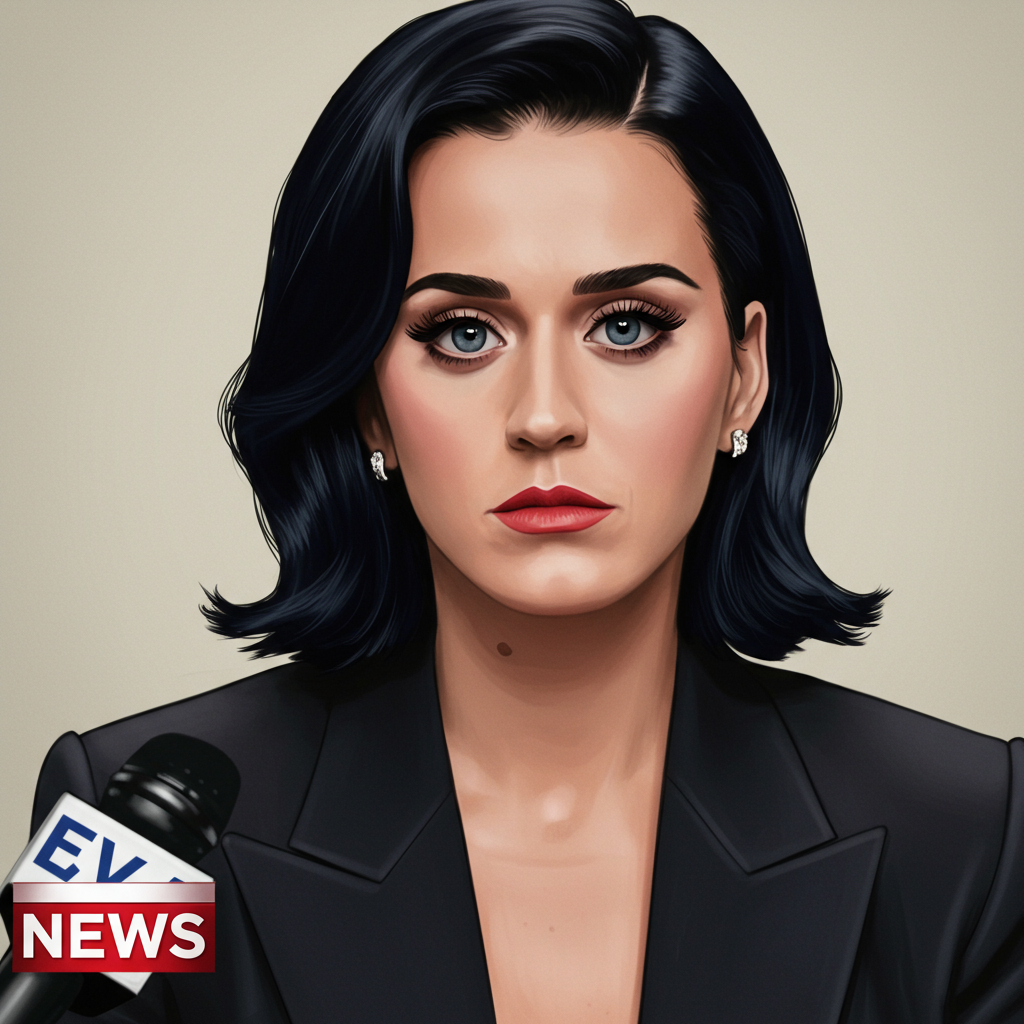A significant controversy erupted at Britain’s largest music festival, glastonbury, following a performance by the UK punk duo Bob vylan. During their set, frontman Bobby Vylan led the crowd in a chant targeting the Israel Defense Forces (IDF), sparking immediate and widespread condemnation from festival organizers, politicians, and other groups. The incident highlights the increasing tension surrounding political expression, particularly concerning the Israel-Palestine conflict, at major cultural events and raises questions for both festival organizers and broadcasters.
Bob Vylan’s Performance and the Chant
The contentious moment occurred during Bob Vylan’s performance on Saturday, June 28, at the West Holts stage. As Palestinian flags were visible within the audience, singer Bobby Vylan encouraged those gathered to participate in a chant. Following initial calls of “Free, free Palestine,” the chant escalated to “Death, death to the I.D.F.,” referring to the Israel Defense Forces. Bobby Vylan was also reported to have stated, “From the river to the sea, Palestine must be, will be, inshallah, it will be free,” a phrase often interpreted as a call for the dismantling of the state of Israel.
The set was broadcast live by the BBC, bringing the controversial chants to a wider audience and amplifying the subsequent backlash. The energy of Bob Vylan’s performance, which included Bobby Vylan crowdsurfing, contrasted sharply with the gravity of the political statements being made.
Immediate Backlash and Official Statements
Glastonbury Festival organizers were swift to distance themselves from the statements. On Sunday, a joint statement from the festival and organizer Emily Eavis was posted on social media. While acknowledging the vast number of performances across the festival’s stages (nearly 4,000 in 2025) and stating that an artist’s presence doesn’t imply endorsement of their views, the statement clearly expressed disapproval. They were “appalled by the statements made from the West Holts stage by Bob Vylan yesterday.”
The organizers emphasized that the chant “very much crossed a line.” They issued an urgent reminder that “there is no place at Glastonbury for antisemitism, hate speech or incitement to violence,” while reiterating the festival’s stance against all forms of war and terrorism, advocating for peace, unity, love, and hope.
The Israeli Embassy in the United Kingdom also reacted strongly, condemning the on-stage expressions as “inflammatory and hateful rhetoric.” The embassy viewed chants like “Death to the IDF” and “From the river to the sea” as incitement, hate speech, advocacy of ethnic cleansing, and calls for the elimination of Jewish self-determination. They voiced serious concerns about the normalization of such language and the glorification of violence, especially when delivered before a large audience and met with applause. Some Jewish groups echoed these accusations, suggesting the festival was promoting hate.
Political and Police Reactions
The chants drew immediate and forceful condemnation from prominent UK politicians across the political spectrum. Prime Minister Keir Starmer described the chants as “appalling hate speech,” stating there was “no excuse” for such language. He reiterated his previous position that performers who make threats or incite violence should not be given a platform and suggested the BBC had “questions to answer” regarding its live broadcast of the set.
Culture Secretary Lisa Nandy reportedly contacted BBC Director-General Tim Davie to seek an explanation for the broadcaster’s vetting process for live performances. A government spokesperson indicated that Nandy welcomed the BBC’s subsequent decision not to make the performance available for on-demand viewing on iPlayer.
Shadow Home Secretary Chris Philp went further, labelling the chants as “inciting violence and hatred” and calling for the rapper to be prosecuted. He also suggested the police should investigate and prosecute the BBC for transmitting “hateful material.” Health Secretary Wes Streeting described the comments as “revolting,” drawing a parallel to victims of the Hamas attack in Israel who were taken from a music festival on October 7, 2023. Streeting, however, also critically remarked to the Israeli embassy to “get your own house in order,” stating he wished they would take the violence of their own citizens towards Palestinians, specifically settler violence in the occupied West Bank, more seriously.
Adding another layer, Avon and Somerset Police confirmed they were reviewing video footage from the West Holts stage. This assessment is to determine if any criminal offenses may have been committed by artists performing there, which could warrant a formal criminal investigation.
BBC Response and Broadcaster Responsibility
The BBC acknowledged the controversy surrounding the live broadcast. They stated that some comments made during the Bob Vylan set were “deeply offensive.” During the live stream, the BBC had issued an on-screen warning to viewers about the presence of “very strong and discriminatory language.” Following the backlash, the broadcaster confirmed the set would not be made available on BBC iPlayer, effectively removing it from their on-demand platform.
Despite these actions, anti-Semitism campaigners, including the Campaign Against Antisemitism group, announced their intention to formally complain to the BBC. They criticized the broadcaster’s “outrageous decision” to air the performance live, arguing that while Glastonbury’s actions pointed to a “descent into a pit of extremism and hatred,” the BBC’s decision to broadcast it was “even more dangerous.”
Connecting to the Kneecap Controversy
The Bob Vylan incident occurred against the backdrop of existing controversy surrounding another group performing at Glastonbury, the Irish-language rap trio Kneecap. Kneecap, who performed on the same stage shortly after Bob Vylan, are also known for their strongly pro-Palestinian views.
Kneecap’s presence at the festival had already faced criticism, including from Keir Starmer, who had previously suggested it was “not appropriate” for them to perform given past statements and a member’s legal issues. During their set, Kneecap frontman Liam Óg Ó hAnnaidh reportedly wore a T-shirt supporting Palestine Action and accused Israel of committing “war crimes,” calling the situation in Gaza a “fucking genocide.” He also encouraged chants of “Free, free Palestine” and pointed out the large number of Palestinian flags in the audience.
The article context notes that Liam Óg Ó hAnnaidh was facing a terrorism charge related to an alleged display of a Hezbollah flag at a concert the previous month, a charge he denies. The BBC had initially not live broadcast Kneecap’s set due to editorial concerns but later made an edited version available on iPlayer with warnings. The controversies surrounding both Bob Vylan and Kneecap underscore the challenges major festivals and broadcasters face in navigating highly charged political topics expressed by artists, particularly in the context of global conflicts and varying interpretations of political speech versus hate speech.
The Broader Context
The events at Glastonbury unfold amidst the ongoing conflict in Gaza, which began following the Hamas attack on southern Israel in October 2023. This conflict has resulted in significant global criticism of Israel’s military actions. The UN Commission of Inquiry on the Occupied Palestinian Territory has accused Israel of committing war crimes in Gaza. This international backdrop provides crucial context for the highly sensitive nature of political statements made about the conflict at public events like Glastonbury.
Bob Vylan themselves responded to the backlash on Instagram, acknowledging a mix of supportive and hateful messages. Bobby Vylan reiterated his stance, stating, “I said what I said,” and encouraged public action and advocacy for change through various means, including using any platform available.
Navigating the line between artistic expression, political protest, and hate speech presents a complex challenge for cultural institutions like Glastonbury. While festivals often provide a platform for diverse voices and perspectives, they also bear responsibility to ensure their stages do not become conduits for incitement or discriminatory language. The incidents involving Bob Vylan and Kneecap highlight the intense scrutiny and public debate surrounding this balance, particularly concerning the sensitive politics of the Israel-Palestine conflict. The differing reactions from politicians, organizers, and advocacy groups underscore the deep divisions and strong emotions the topic evokes.
Frequently Asked Questions
What controversial statement did Bob Vylan make at Glastonbury?
During their performance at the Glastonbury Festival, the lead singer of the punk duo Bob Vylan, Bobby Vylan, led the crowd in chanting “Death, death to the I.D.F.,” referring to the Israel Defense Forces. He also reportedly used the phrase “From the river to the sea, Palestine must be, will be, inshallah, it will be free.” These chants sparked immediate controversy and widespread condemnation.
How did Glastonbury organizers and others react to Bob Vylan’s chant?
Glastonbury organizers issued a statement saying they were “appalled” by the chants, stating they “crossed a line” and reminding that hate speech, antisemitism, and incitement to violence have no place at the festival. UK politicians like Keir Starmer condemned the chants as “appalling hate speech.” The Israeli Embassy in the UK viewed them as incitement and hateful rhetoric. Police announced they are reviewing footage for potential criminal offenses, and the BBC, which broadcast the set live, called comments “deeply offensive,” issued an on-screen warning, and removed the performance from iPlayer.
Was the Bob Vylan incident related to other controversies at Glastonbury?
Yes, the Bob Vylan controversy occurred amid existing debate surrounding another group, the Irish rap trio Kneecap, who also performed at Glastonbury and are known for vocal pro-Palestinian views. Kneecap’s frontman had also made anti-Israel comments during their set and is facing unrelated terrorism charges. The controversies surrounding both groups highlighted similar themes of political expression, criticism of Israel, and the reactions from festival organizers, broadcasters, and politicians.


